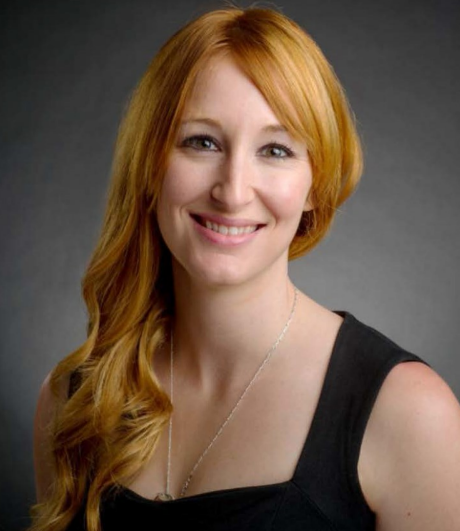
Director, Pediatric Surgery Residency Program
Overview
Subspecialty training in pediatric surgery is offered at McMaster Children’s Hospital. The learning objectives are aligned with the specialty requirements of the Royal College but are specific to McMaster University. It is a two-year program, fully accredited by the Royal College of Physicians and Surgeons of Canada.
Trainees learn under the supervision of six faculty members: Drs P. Fitzgerald, M. Walton, K. Bailey, H. Flageole, L. Van Houwelingen and M. Livingston.
McMaster Children’s hospital serves a population basin of over 2 million people in southern Ontario and is home to one of the largest and most modern neonatal units in Canada.
Pediatric Surgery Fellowships
McMaster University will be participating this year in the North American MATCH for a fellowship position starting July 1, 2023. Interviews are held at the university typically in late February or early March. If you’re interested in applying, please visit the Association of American Medical Colleges website.
Curriculum
The curriculum is divided in two years. Residents spend 18 months of the pediatric surgery service and the other six months doing elective rotations including neonatal intensive care unit (ICU), pediatric ICU and global surgery. There is also an opportunity to spend one to two months in research activities or other elective training that would be of benefit to the resident.
Formal Academic Curriculum (PDF)
Teaching
Trainees in the McMaster program benefit from a dedicated academic half-day with organized teaching seminars in addition to weekly Pediatric Surgery Grand Rounds, Pediatric Grand Rounds and many other learning opportunities.
Evaluations
Pediatric surgery residents are evaluated every four months using CanMEDS formatted goals and objectives. There are practice written and oral examinations at similar intervals.
Research
Pediatric surgery residents are strongly encouraged to participate in clinical research throughout their stay and may spend up to two months dedicated to research. McMaster University has a strong background in evidence-based medicine. The McMaster Pediatric Surgery Research Collaborative has a research coordinator, Bethany Easterbrook and several full-time research assistants.
Journal Club - Article Collection
| Month | Topics | Article |
| July |
|
|
| August |
|
|
| September |
|
|
| October |
|
|
| November |
|
|
| December |
|
|
| January |
|
|
| February |
|
|
| March |
|
|
| April |
|
|
| May |
|
|
| June |
|
| Month | Topics | Articles |
| July |
|
|
| August |
|
|
| September |
|
|
| October |
|
|
| November |
|
|
| December |
|
|
| January |
|
|
| February |
|
|
| March |
|
|
| April |
|
|
| May |
|
|
| June |
